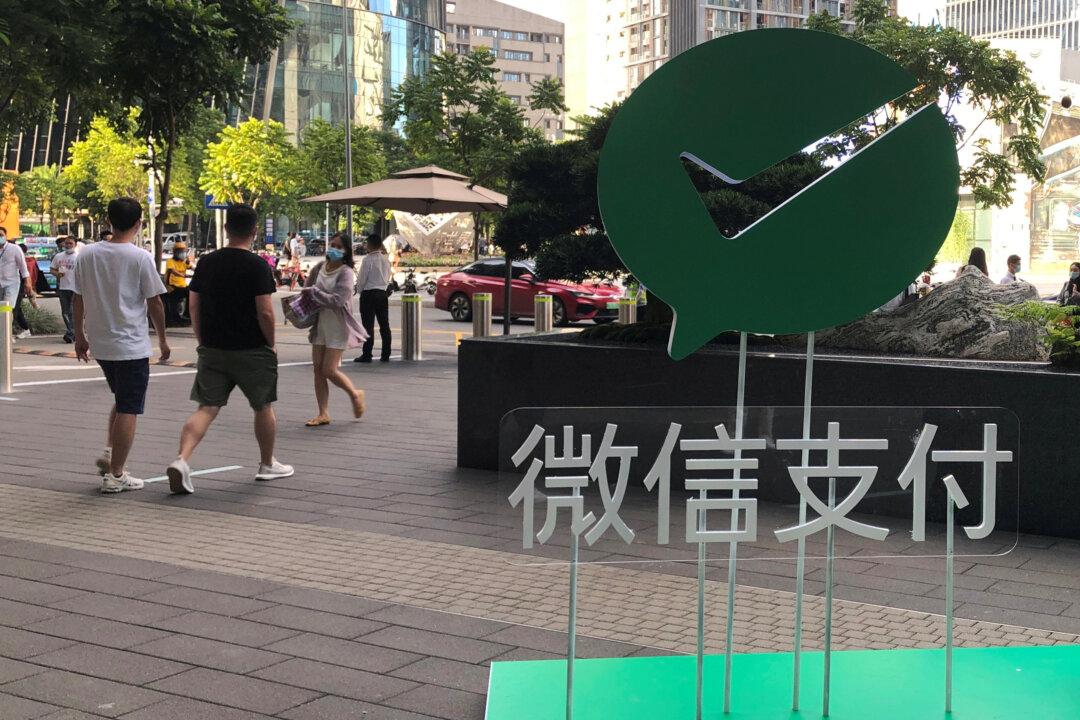Communist China leads the world in the creation of counterfeit and pirated goods, according to a report by the office of U.S. Trade Representative (USTR) Katherine Tai.
Some 75 percent of the value of all counterfeit and pirated goods seized by U.S. Customs and Border Protection in 2021 originated in China, according to the USTR’s “2022 Review of Notorious Markets for Counterfeiting and Piracy,” (pdf) which was released on Jan. 31.




